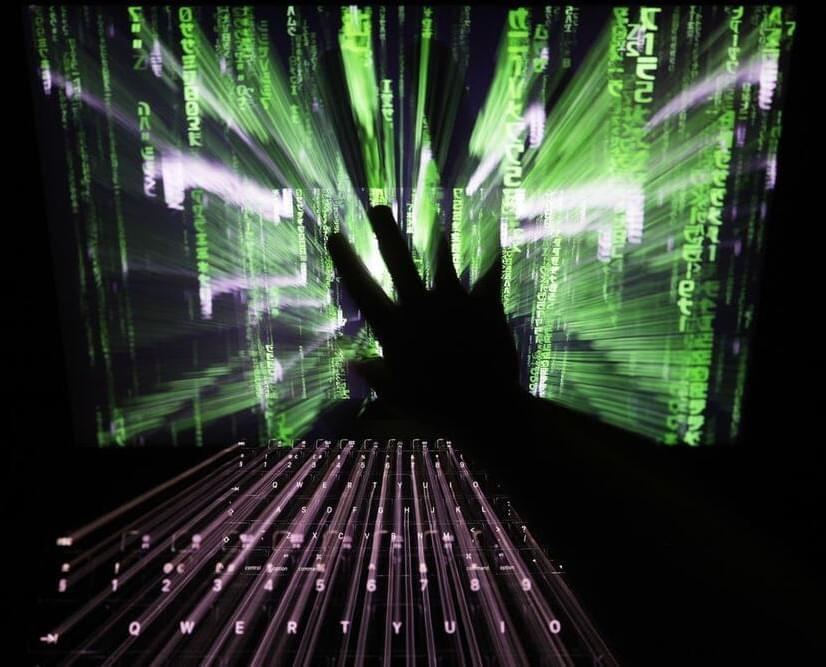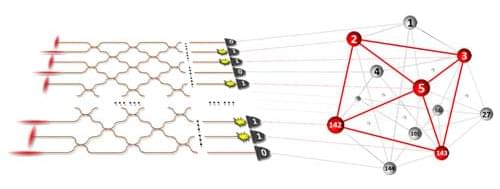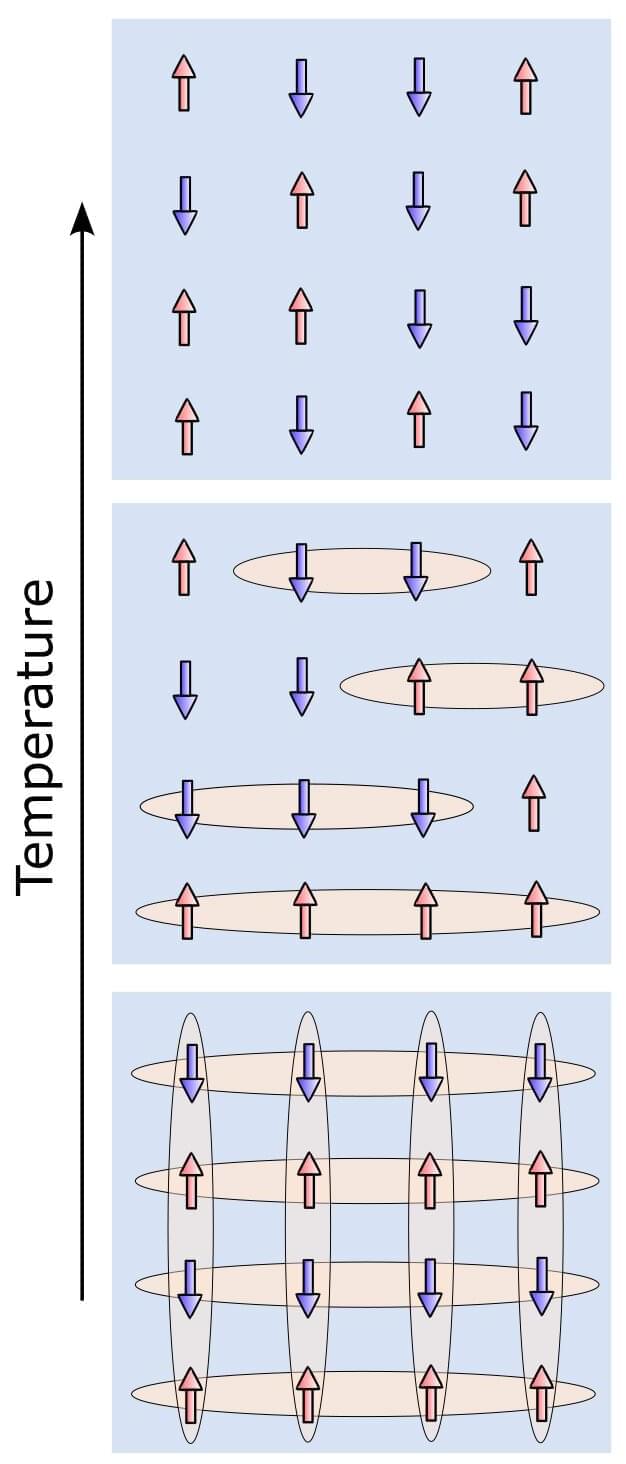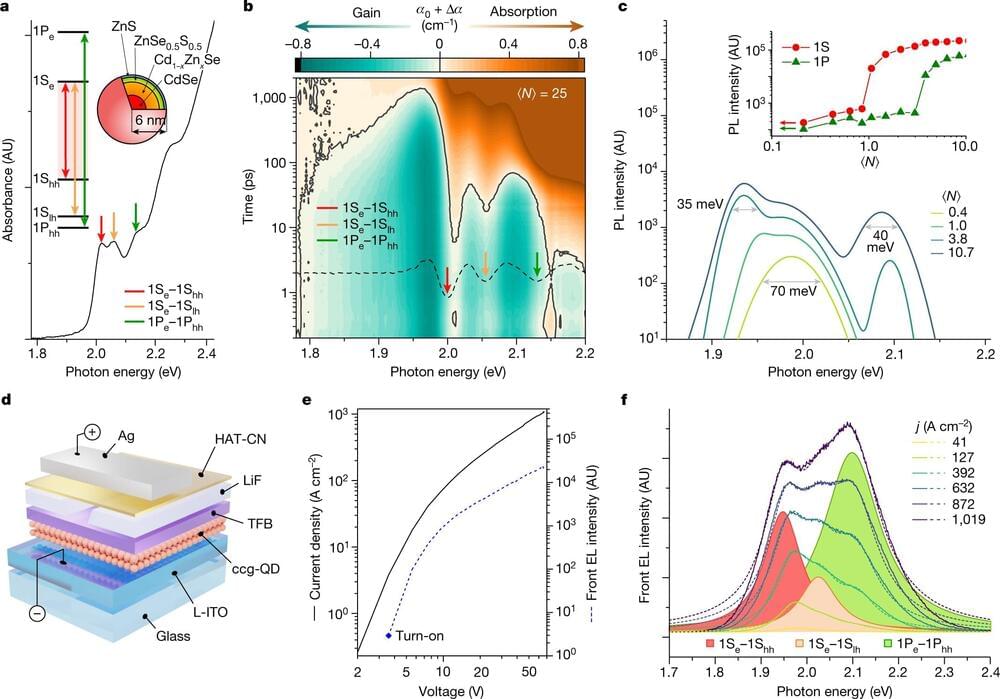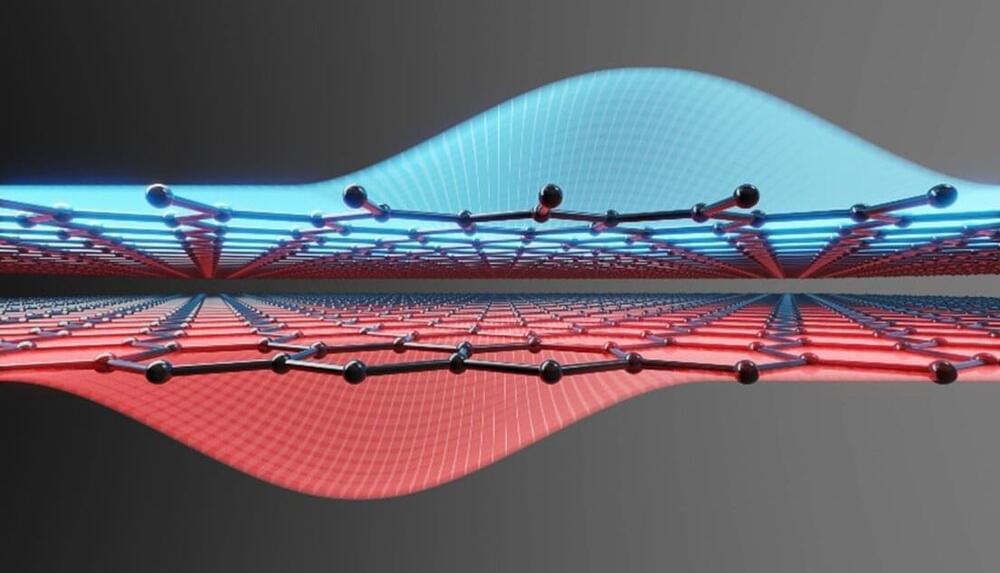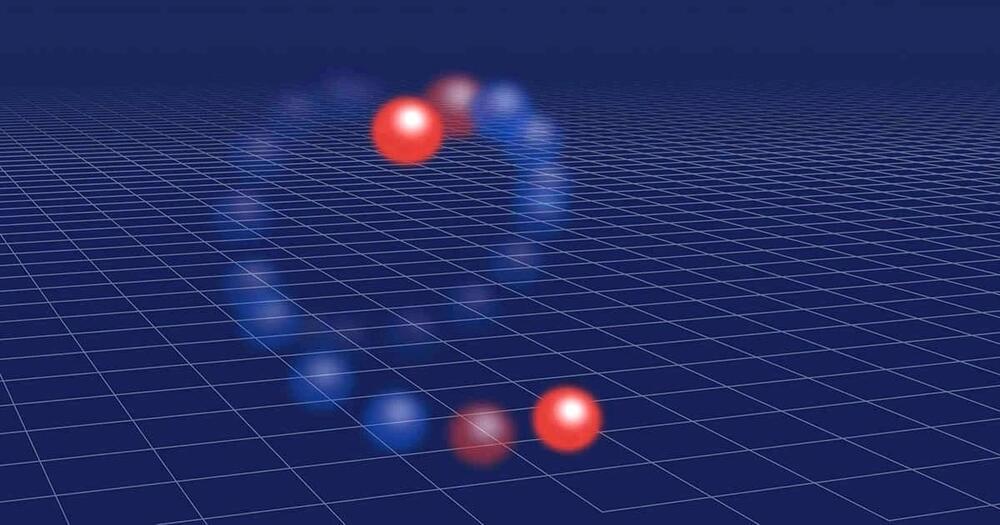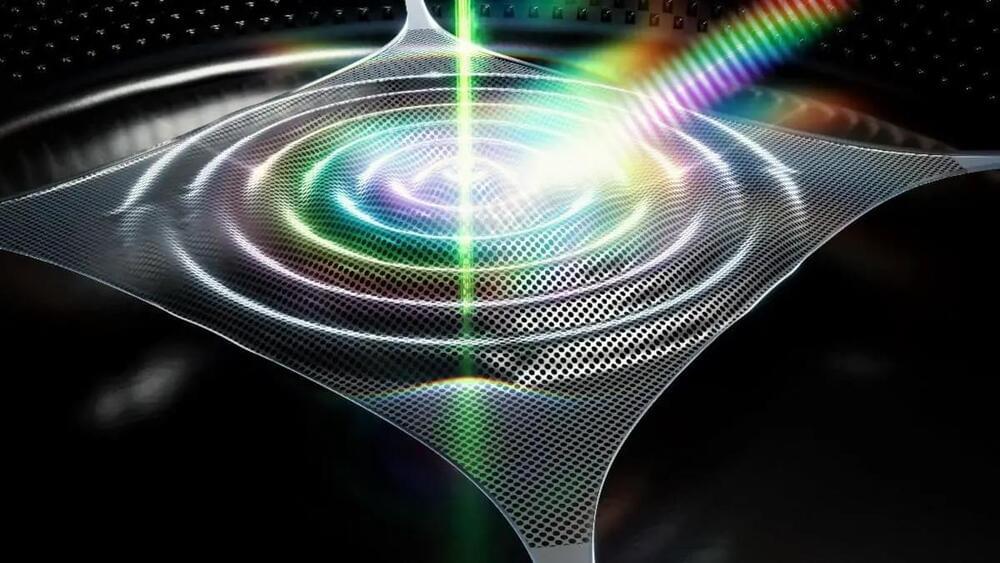Scientists at a UK-based tech company believe they are now a step closer to building a quantum computer that can solve real-world problems, after making progress towards creating a system that protects against errors.
Experts at Quantinuum said they have made a “breakthrough” towards making quantum computing fault tolerant, which would give the system the ability to continue operating without interruption, even if one or more of its components fail.
The race to build a fully functional quantum computer has mostly focused on correcting errors that affect the system, but Ilyas Khan, the company’s founder and chief product officer, said no-one has shown “an actual demonstration of a step towards qubits, the quantum equivalent of what we refer to as a ‘bit’ in existing computers, that are naturally fault tolerant”.
